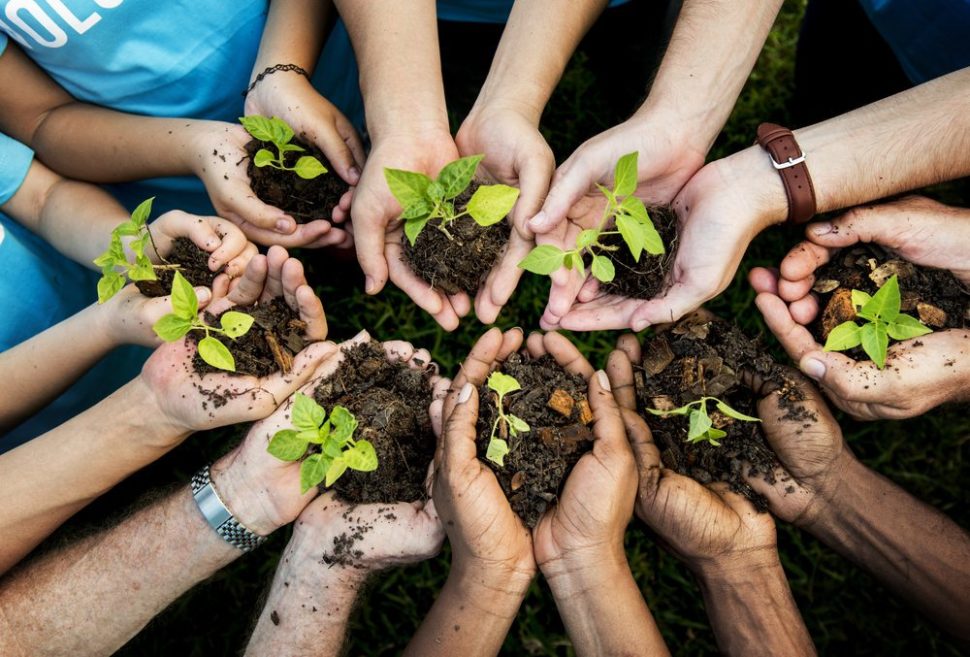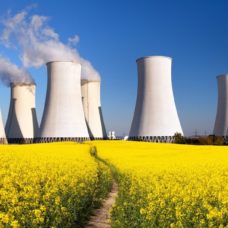New research by Columbia University experts suggests that “simply” redrawing the crop production map on a global scale would provide food for an additional 825 million people.
In 1992, at the end of the Earth Summit in Rio, more than 1,700 scientists signed the soberly-titled manifesto, “World Scientists’ Warning to Humanity”. Back then, scientists exhorted human societies to make profound Earth-management changes “if vast human misery is to be avoided”.
Fast-forward 25 years and things haven’t changed that much. Perhaps, depending on who you ask, they’ve even gone from bad to worse.
Redo of world's crop production map to produce food for 825 million people.Click To TweetCOP23 recently took place in Bonn, Germany (from Nov. 6th to the 17th) with more than 15,000 scientists–this time from 184 countries–signing a new manifesto, calling on humanity to act quickly to “avoid widespread misery and a catastrophic loss of biodiversity”.
Among the solutions advocated in order to preserve and sustain life on Earth, the signatories call for limiting population growth in the developing regions of the world.
Water and Agricultural Stresses, two Corollary Problems of Overpopulation
Twenty-five years after the first warning, we are about 1.7 billion more people strong while no significant progress seems to have been made toward more responsible food growth. This is highlighted by world scientists’ second, even more alarming notice.
In 1992, the world population was over 5.5 billion, and today it’s estimated to be around 7.5 billion. That’s 26% growth.
The global population boom is putting pressures on the planet’s finite life-sustaining resources.
A major challenge for the coming years will be satisfying water demand. Water scarcity is a rising problem, already affecting one in five (1.2 billion) people in the world.
Another problem, which is interrelated to water shortage, is agricultural demand as to feed the entire population on the planet, agricultural productivity will have to rise sharply.
We are now at a point in our history where we are no longer really discovering resources on our planet. Rather, we’re are entering a phase where we have a pretty comprehensive understanding of what resources we have (dots that exists) and how to better allocate them (connecting those dots in the most efficient way to reduce entropy and waste).
Only a clear improvement in the overall management of agricultural production will help meet the global growing food needs and limit the strain on water resources.
Reshaping Global Crop Distribution to Feed More People
Earth, with its finite resources, can’t meet the food needs of an infinitely growing population.
According to FAO, between 2014 and 2016, there were about 800 million people who were chronically undernourished. This situation is the result of several factors, such as overpopulation, poverty, low agricultural production and unequal distribution of food resources.
Researchers at Columbia University’s Earth Institute, led by Kyle Davis, sought to address the double global challenge of water and food scarcity at the same time.
According to the study’s findings, published in Nature Geoscience, the current global agricultural production is far from its maximum. What’s more, the current system uses more water than what is needed.
The team analyzed crop water-use models and yield maps for 14 major food crops that make up for 72% of the world crop production.

Researchers said that a global reconfiguration of the crop distribution map, favoring high-yielding and nutritious crops with less environmental impact, would help feed an extra 825 million people.
That’s more than the actual number of hungry people in the world.
This global optimization of crop maps would also reduce consumption of rainwater by 14% and irrigation water by 12%.
“Such an optimization process does not entail a loss of crop diversity, cropland expansion or impacts on nutrient and feed availability,” said the study’s authors. “It also does not necessarily invoke massive investments in modern technology that in many regions would require a switch from smallholder farming to large-scale commercial agriculture with important impacts on rural livelihoods.”
Stop Just Gathering Big Data and Start Using it
What enables this study is the collection of huge amounts of data. Using technologies like machine learning to help us sort through and make the most out of those massive compilations of data is what our world needs most. We are at a point in our history where we need to shift from accumulating blindly to allocating efficiently.
Thinking this way will not only help us make the most of our planet but also expand it in the least wasteful way.
If we really get to Mars (read Musk’s five-year plan here) and elsewhere sooner rather than later, we’ll be dealing with surviving in harsh, unknown conditions off world. Efficiency and organization could mean the difference between life or death. Resources are finite, and we have to learn to make the most of them in the long-term, not use them and throw them away in the short-term.



















Comments (0)
Most Recent